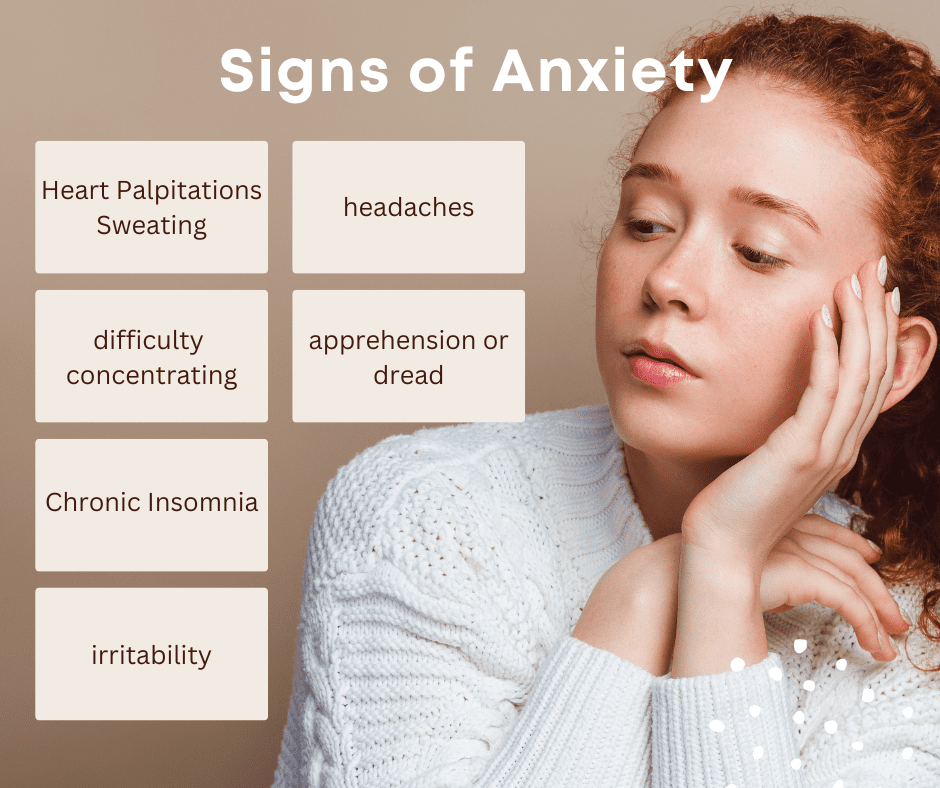How to Get Treatment for Anxiety
Anxiety is a common and often distressing emotion characterized by feelings of worry, nervousness, or unease about something with an uncertain outcome. It’s a natural response to stress, acting as a warning system for potential dangers. However, when anxiety becomes overwhelming or chronic, it can significantly interfere with daily life, necessitating professional treatment.

What is Anxiety?
Anxiety is more than just feeling stressed or worried. While stress and anxious feelings are a common response to a situation where we feel under pressure, they usually pass once the stressful situation has passed, or the ‘stressor’ is removed. Anxiety is when these anxious feelings don’t go away – when they’re ongoing and exist without any particular reason or cause. Increased anxiety it also can be a symptom from traumatic situations in life. It’s a serious condition that makes it hard to cope with daily life. Everyone feels anxious from time to time, but for someone experiencing anxiety, these feelings can’t be easily controlled.
How Do You Know When You Need Treatment?
Recognizing when you need treatment for anxiety is crucial. It’s time to seek help if anxiety interferes with your daily life, causing you to avoid certain situations out of fear, or if you experience physical symptoms like heart palpitations, sweating, trembling, or chronic insomnia. Other signs include constant or overwhelming worry, irrational fears, muscle tension, or avoidance of social situations. If anxiety symptoms are causing significant distress and are not manageable with self-help strategies, professional help should be sought.
Types of Anxiety
Anxiety manifests in various forms, with several distinct types, each with its unique characteristics. Generalized Anxiety Disorder (GAD) is characterized by persistent, excessive worry about everyday issues. Panic Disorder involves frequent and unexpected panic attacks. Social Anxiety Disorder is marked by an intense fear of social situations. Specific Phobias involve an overwhelming fear of a specific object or situation. Understanding the type of anxiety you have is a crucial step towards getting appropriate treatment.
How Does Anxiety Affect Your Daily Life?
Anxiety can significantly affect daily life, manifesting in both physical and psychological ways. Physically, it may cause fatigue, headaches, muscle tension, and sleep disturbances. Psychologically, it can result in difficulty concentrating, irritability, and a constant sense of dread or apprehension. It can also affect behavior, leading to avoidance of certain situations, decreased productivity, and strained relationships. Chronic anxiety can also contribute to other health problems like depression, heart disease, and gastrointestinal issues.
How Can a Therapist Help You With Anxiety?
Therapists play a vital role in helping you get treatment for anxiety. They can help by providing a safe space to discuss fears and concerns, offering support and understanding. Therapists use various techniques, including cognitive-behavioral therapy (CBT), which helps identify and challenge negative thought patterns and behaviors contributing to anxiety. Dialectical behavioral techniques can also be very effective and easy to implement in your daily life to help you cope with anxiety. They can also teach coping strategies to manage symptoms, such as body scan, breathing, guided imagery, relaxation techniques, mindfulness, and stress management skills. Additionally, therapists can guide lifestyle changes that can help reduce anxiety, such as exercise, a balanced diet, and adequate sleep.
Understanding anxiety, recognizing when it requires professional treatment, and being aware of the different types of anxiety and their impact on daily life are essential steps in managing this condition. Therapists play a crucial role in treatment, providing tools and strategies to cope with and overcome anxiety. If you or someone you know is struggling with anxiety, remember that help is available, and treatment can lead to a better, more fulfilling life.
